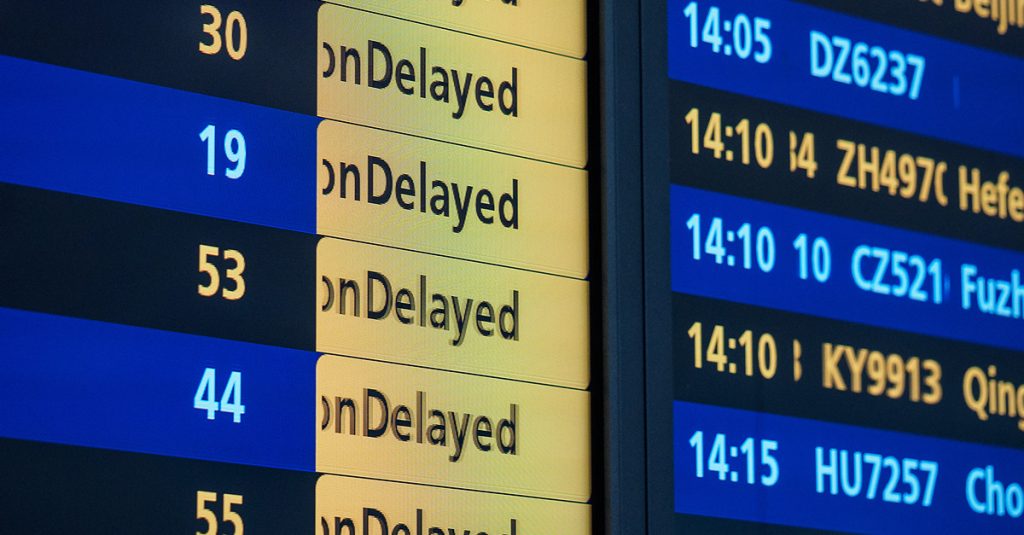The chief executive of National Air Traffic Services (NATS), Martin Rolfe, has confidently assured the UK’s transport committee of NATS’ preparedness following a recent interim report.
This report, which examined the air traffic control issues experienced over the August Bank Holiday, largely aligns with NATS’ findings on understanding and addressing the failure.
Martin Rolfe, appearing before the transport committee, emphasised that the interim report validated NATS’ understanding of the incident’s causes and the corrective measures implemented. He stated the report highlighted similar areas for improvement as NATS’ internal review, especially concerning communication processes.
Rolfe asserted, “We cross-checked the interim report with our findings and recommendations. There is nothing in there that we hadn’t already taken action on or have not now acted upon.”]},{
Addressing CAA Chairman Sir Stephen Hiller’s remarks, Rolfe clarified that the concerns raised about the system’s tight operation were directed at the entire aviation sector, rather than NATS alone. This challenge is magnified during peak seasons when systems operate at full capacity, leaving little room for error recovery.
Rolfe explained that the peak summer season is particularly challenging due to high demand, stating, “The challenge in summer will always be if anything goes wrong the system is very tight. Every seat is sold.”
The interim report noted the absence of on-site engineers during the bank holiday, which exacerbated the delay in resolving the incident. Rolfe refuted allegations that engineers working from home caused delays, clarifying that NATS’ staff primarily operate on-site, with remote capabilities for emergencies.
Rolfe emphasised that none of NATS’ engineers work from home routinely, but they possess remote access technology to assist with issues outside normal working hours.
Rolfe defended the current engineering practices as robust, citing technological systems that allow engineers to connect remotely when necessary.
Rolfe assured MPs of NATS’ preparedness for future incidents, noting that all necessary measures are being finalised to ensure readiness.
He stated, “I’m very comfortable we are ready now for an event. We’re putting the finishing touches, but we’re confident we’re in the right place.”
The assurance reflects NATS’ commitment to proactive improvements and system resilience.
Rolfe confirmed the scale of disruption, detailing that 579 flights experienced an average delay of nearly two hours. Furthermore, about 1,500 flights were cancelled, though an exact figure remains elusive due to a lack of comprehensive data collection.
The emphasis was placed on the need for more robust data handling and coordination among aviation bodies to better manage and understand the impact of such incidents.
Rolfe highlighted technological advancements that enable NATS to effectively manage air traffic control remotely, ensuring swift responses to unexpected issues.
These innovations are crucial for maintaining operational continuity and mitigating future disruptions within the aviation network.
NATS has taken significant strides to address past failures, and confidence in its current operational readiness is high.
The collaborative effort between NATS and other aviation entities will be vital in bolstering system resilience and preventing future disruptions.

